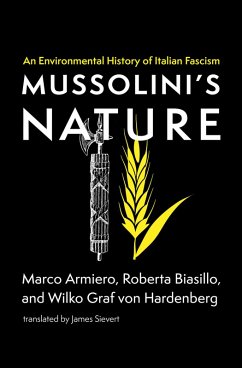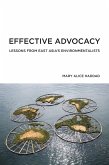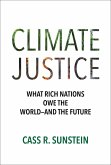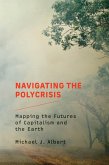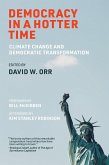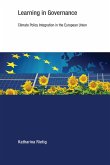This exploration of the environmental practices of Benito Mussolini's fascist regime invites readers to consider the ecological connections of all political projects. "We might think we see a mountain while it was a war; a forest can actually be an engine; a monument to workers might reflect the violence of a colonial empire."-extracted from Mussolini's Nature In this first environmental history of Italian fascism, Marco Armiero, Roberta Biasillo, and Wilko Graf von Hardenberg reveal that nature and fascist rhetoric are inextricable. Mussolini's Nature explores fascist political ecologies, or rather the practices and narratives through which the regime constructed imaginary and material ecologies functional to its political project. The book does not pursue the ghost of a green Mussolini by counting how many national parks were created during the regime or how many trees planted. Instead, the reader is trained to recognize fascist political ecology in Mussolini's speeches, reclaimed landscapes, policies of economic self-sufficiency, propaganda documentaries, reforested areas, and in the environmental transformation of its colonial holdings. The authors conclude with an examination of the role of fascist landscapes in the country's postwar reconstruction: Mussolini's nature is still visible today through plaques, monuments, toponomy, and the shapes of landscapes. This original, and surprisingly intimate, environmental history is not merely a chronicle of conservation in fascist Italy but also an invitation to consider the socioecological connections of all political projects.
Dieser Download kann aus rechtlichen Gründen nur mit Rechnungsadresse in A, B, BG, CY, CZ, D, DK, EW, E, FIN, F, GR, HR, H, IRL, I, LT, L, LR, M, NL, PL, P, R, S, SLO, SK ausgeliefert werden.

